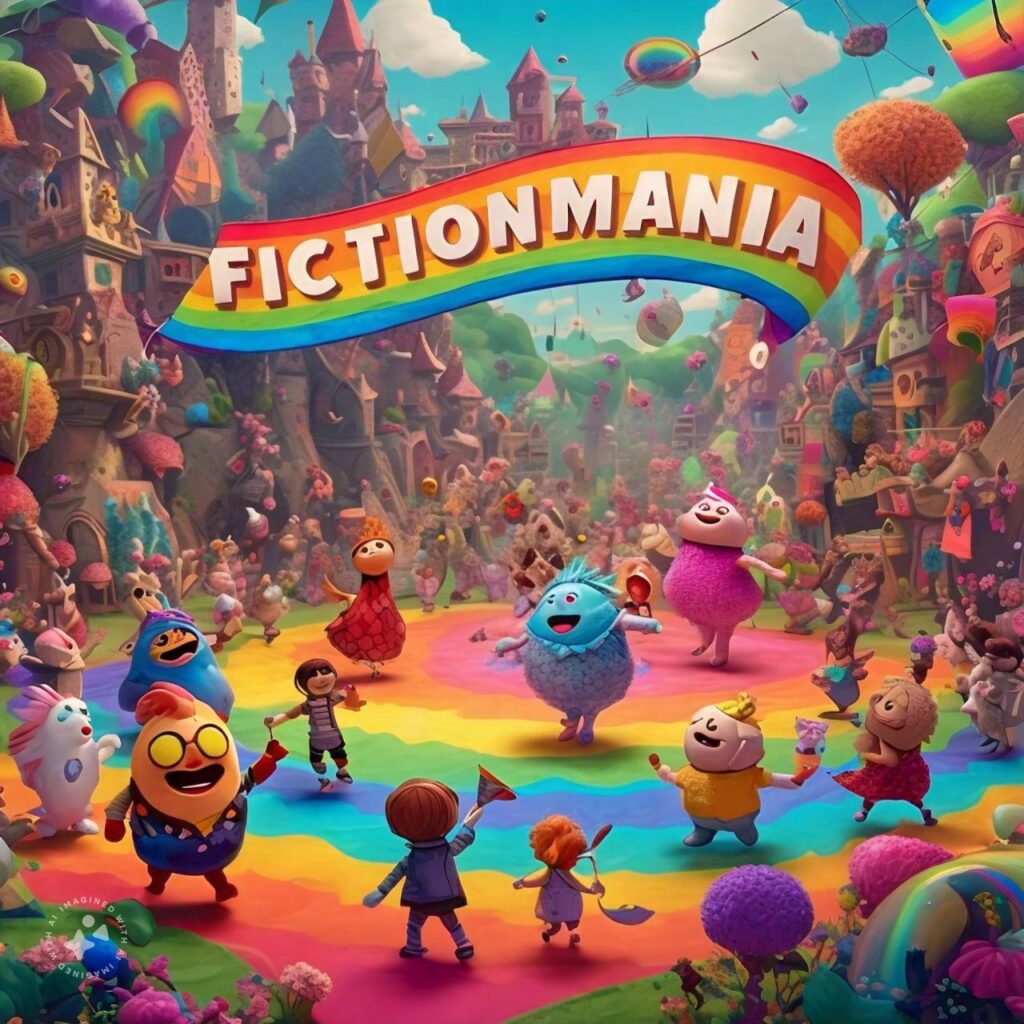One of the most comprehensive online resources dedicated to changing stories about orientation is Fictionmania. Since its founding in 1998, this novel stage has featured over 47,000 stories exploring a variety of subjects, including transsexual encounters, dressing in drag, and orientation change. It started out as a niche website and has grown into a massive store that attracts readers and journalists who are passionate about these subjects from all over the world. This essay will examine its salient features, variety of content, locally focused perspectives, and societal significance.
History of Fictionmania
Its lengthy past dates back to when it was first founded in 1998. Mindy Rich organized the chronicle, initially focusing on stories about transsexual encounters, dressing in drag, and orientation changes. The website gained popularity right away, growing quickly from a few entries to a massive amount of stories.
Key Historical Milestones
- 1997-1998: Mindy Rich purchased servers and developed the software for Fictionmania, launching the site in February 1998. She personally read and formatted all submissions, expecting only a handful of stories each month. Instead, the archive exploded with contributions, accumulating thousands of stories by the end of the year.
- 1999: By December, the increasing workload became overwhelming for Rich, leading her to temporarily shut down the site due to health concerns and community controversies. However, a group of authors proposed to take over the server operations, leading to its formation of the Taskforce, which managed the site moving forward.
- 2000s and Beyond: The Taskforce, initially led by Sue and later by Talea, continued to expand the archive. The website has continued to operate and has grown to include almost 47,000 stories, ranging in genre from fanfiction to original fiction, starting around 2022. The chronicle is renowned for its unique storytelling, which features romantic moments, expressive tales, and various sci-fi and dream themes.

Content Variety
Fictionmania showcases a distinct range of content, primarily centered around themes of transsexual encounters, dressing in drag, and changing one’s orientation. Originally published in 1998, the anthology has grown to include over 47,000 stories that showcase a diverse range of genres and styles.
Types of Content
Themes: The archive predominantly explores gender transformation, with many stories depicting characters transitioning from one gender to another. This includes changes from male to female as well as female to male, often woven with elements of sci-fi, fantasy, and realism.
Classes: It has stories across different sorts, like sentiment, repulsiveness, activity/experience, and, surprisingly, self-portraying stories. The stories can go from sweet, nostalgic parent approved sentiments to XXX-evaluated content, taking special care of a wide crowd with various inclinations.
Designs: The tales come in different configurations, including composition, verse, comics, and serialized accounts. This variety allows readers to choose based on their time availability and interest.
User Contributions: The archive is community-driven, with contributions from both amateur and professional writers. This results in a mix of polished, commercial-quality stories and more experimental, first-time efforts.
Search and Organization
It employs a comprehensive tagging and categorization system, allowing users to search for stories by various criteria, including:
- Categories: These indicate the overarching theme of the story, such as the type of transformation or the reason behind it.
- Keywords: These relate to specific scenes or elements within the story, enabling more detailed searches.
- Shared Universes: Some stories are set within shared universes, adding another layer of complexity and engagement for readers familiar with those settings.
Community-Driven Platform
Volunteer Contributions
The heart of Fictionmania lies in its community. The stage is kept up with by volunteers who are enthusiastic about making a space for transsexual and change stories. These workers work indefatigably to guarantee the site remains refreshed and available to all clients.
Role of the Community
Its people group perspective separates it from different stages. Journalists and perusers the same add to the site’s broad assortment of stories, making it a living chronicle that keeps on developing. This cooperative exertion has made it a dearest asset for those keen on orientation change stories.
Cultural Significance
Impact on Transgender Literature
It is more than just an archive; it’s a cultural touchstone for transgender literature. The site has played a significant role in providing a platform for trans voices, allowing writers to share their experiences and fantasies with a wider audience.
Reflection of Trans Experiences
The stories on Fictionmania offer a unique insight into the experiences and desires of the transgender community. By exploring themes of gender change and transformation, these narratives reflect the complexities and nuances of trans life.
For more, read: BaddieHub
FAQs
What is Fictionmania?
An internet-based chronicle committed to stories investigating subjects of orientation change, dressing in drag, and transsexual encounters.
When was Fictionmania founded?
It was laid out in 1998.
How many stories does Fictionmania have?
The platform hosts over 47,000 user-contributed stories.
Is Fictionmania free to use?
Indeed, it is allowed to be utilized, even though gifts are acknowledged to assist with keeping up with the site.
Can I contribute my own stories to Fictionmania?
Yes, it encourages users to contribute their own stories to the archive.
Conclusion
Fictionmania has established itself as a vital resource for those interested in gender transformation stories. With its huge assortment of client-contributed works, the stage offers a different scope of stories that take care of different preferences and inclinations. Despite a few specialized difficulties, it stays a cherished, local area area-driven file that proceeds to develop and develop. As it plans, the stage’s obligation to giving a space to transsexual and change stories will without a doubt guarantee its continuous pertinence and social importance.

